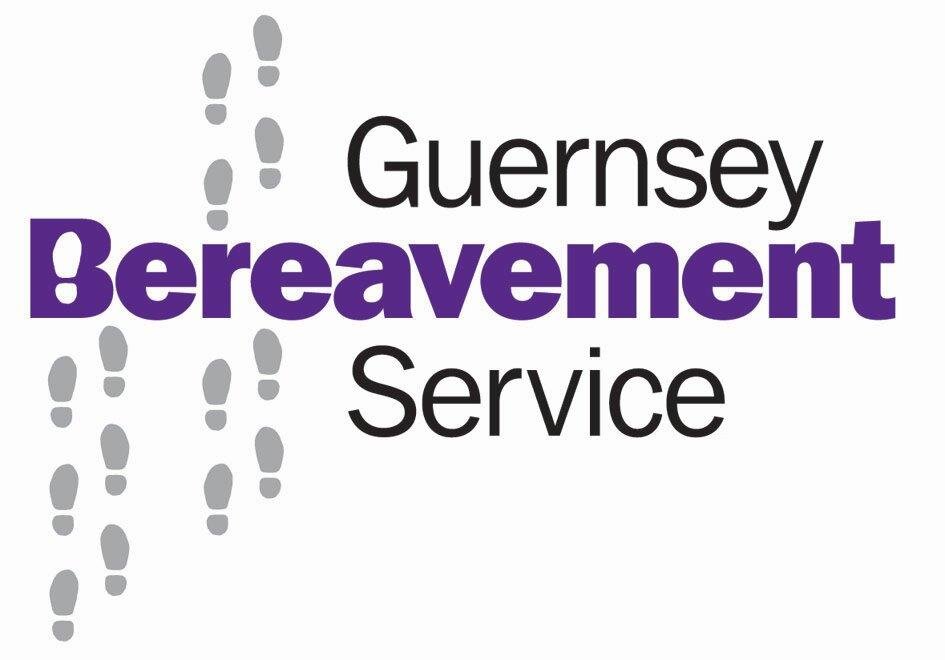
Let’s talk about what
loss and grief is
Loss can come in many forms and each situation is uniquely different.
Grieving can bring about many difficult symptoms, both emotional and physical. Common experiences include guilt, anger, depression, lethargy, insomnia, loss of appetite, loneliness, and confusion. You may feel like your mind is unravelling. In truth, these reactions are all normal symptoms of the grieving process.
Grief has many forms, since it accompanies any type of significant loss. Some examples are grief over the death of a loved one, job loss, divorce, or loss of one's health. There are as many types of grief as there are types of loss. Regardless of the cause, grief creates an immense burden that can temporarily alter your mindset and disrupt your routine. Know that what you are feeling is normal following a tragedy or crisis. Focus on coping one day at a time, seeking support when needed. With care for your needs, the heaviness of grief will eventually lift.
Guernsey Bereavement Services can help support you on your journey through loss and grief.

“Grief is like the ocean, it comes in waves ebbing and flowing. Sometime the water is calm and sometimes it is overwhelming. All we can do is learn to swim.”
- Vicki Harrison
The Definition of Grief and Loss
Grief is a natural response to loss. The more significant the loss the more intensely grief is experienced. Grief is a process that is different for everyone. Your grief reactions are unique to you, and so is the timeframe within which you experience grief.
When grieving you may experience symptoms of guilt, anger, heaviness, loss, burden, depression, sorrow, loss of normalcy, lethargy, insomnia, lack of appetite, disorganisation, loneliness, confusion, forgetful, no energy, apathy.
You may feel as though you are losing your mind. These are all symptoms of loss and grief, as well as many more. There are many types of grief – some of which are mentioned below. Grief is something you experience when you have a loss, so it’s difficult to list all types of loss.
Types of grief
-
Sudden Loss
This is a loss that happened unexpectedly and suddenly, this could be as a result of a person dying in an accident, a sudden heart attack, or suicide. Sudden loss may also be experienced when you didn’t see something coming. For example, your partner suddenly advises they are leaving you, health issues, redundancy, injury, financial loss, or a family feud/fallout are some examples of sudden loss.
-
Anticipatory Grief
Anticipatory Grief can include many losses – it can be the grief that occurs before death. The diagnosis of a life limiting, or terminal illness, the loss of the person you know (e.g. dementia), changing roles in the family, the loss of dreams, or financial changes.
-
Loss of Family Member
Bereavement is the grief and mourning experienced following the death of someone important to you. The death of a relative often means losing someone who loved us unconditionally. Losing someone you love can be one of the most painful experiences you will have to endure.
-
Loss of Colleague and/or Friend
When someone loses a close friend or colleague, it is normal to grieve their absence. One may continually feel that loss during daily activities. These feelings reflect the significance of the relationship. It is healthy to acknowledge that while the sadness may linger, accepting support while grieving in a healthy way allows life to regain balance.
-
Loss of a Pet
One reason why losing a pet is such a deep loss is because animals’ love is unconditional and accepting, Our pets have often seen us through major life changes. Many aspects of people’s lives are impacted upon by the loss of a pet. Every single facet of life can be impacted by this loss.
-
Loss of Job or Role
The loss of a job can be an emotional roller coaster. After losing a job, it might feel as if your world has collapsed. Besides the loss of stability, structure, and colleagues, the sense of social utility and identity can be affected. When dealing with grief, feelings of anger, sadness, and frustration are common. Everyone experiences a loss in their own way.
-
Loss of Pregnancy
Losing a pregnancy can be deeply painful. It is normal to grieve the loss of the hoped-for child and future dreams. Exploring feelings about the loss of the baby, and also the impact upon other members of the family, can help acknowledge the loss and allow grieving.
-
Empty Nest Syndrome
Empty nest syndrome refers to the complicated emotions parents often feel when children leave home. Though wanting children's independence, letting go can be bittersweet. Parents may feel lonely, sad, or grief-stricken when children depart the nest, whether for college, relationships, or autonomous lives. The distress reflects the challenges of this major life transition.
-
Loss of a Possession
Grief is individual. It’s human to form attachments to so many things, especially objects that symbolise something about a loved person or place. When we think the loss of the item, we may feel as if we’ve abandoned the person, or time, that it signified.

In any loss be kind to yourself and
allow plenty of time to grieve
“First you hurt and then you heal" - Dr Bill Webster
